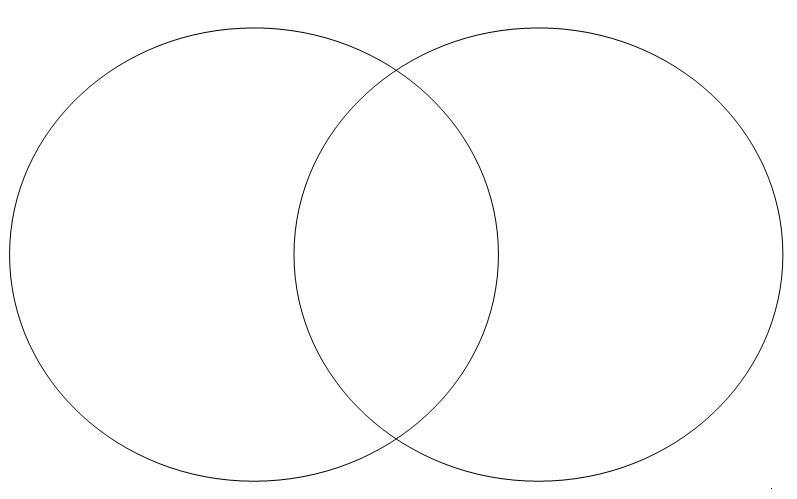I am posting this a full seven weeks after Charles' wonderful discussion. That said, I have been mulling a particular discursive thread Charles brought up during class. We were talking about Richard Young's "Concepts of Art," and the distinctions between "new romanticism" and "new classicists" in composition pedagogy. From my notes, it seems the distinction between the two is where "art" is positioned. Young writes, "For the new romantics, art contrasts with craft; the craft of writing refers to skill in technique, or what Genung called 'mechanics,' a skill that can be taught. Art however, is associated with more mysterious powers" (197). These "mysterious powers" cannot be taught, because the art is in the organic details. New classicists, however, position art within repetition, that as craft is taught, art is produced.
As the class came to an end, we began discussing how there might be a middle ground for these two camps. Is there a way to discuss details and craft as artistic? I told the class about a paper I wrote a few years ago, concerning Twitter's possibility in the classroom. I drew a correlation between Twitter's underlying principles and integrating quotations. "In teaching quotes," I argued, "I can teach the craft, but ultimately it is the student's voice and attention to detail that creates a strong incorporation of argument with evidence."
It is interesting that in this argument, a transition in thinking about art and composition. I drew heavily on Geoffrey Sirc's "Box Logic," which introduces concepts of hypertextuality through comparisons to Joseph Cornell's box art. Follow the link to see an example,
Cornell's In Homage to the Romantic Ballet, 1942. The issue at stake, I argued in 2011, with Sirc's assumption is that three dimensional conceptions of composition do not transition easily to the two dimensional page. Instead of using Cornell's box art, I suggested
Romare Bearden's collage,
Mississippi Monday, as an alternate form for discussing art and composition. Bearden's art is two dimensional, but the different materials used to compose the art creates texture. So, the effect appears flat, although closer inspection reveals nuance.
Inspecting these two different art forms speak toward how quotes can bridge the gap between art as detail and art as craft. Integrating quotes takes a certain amount of skill. In class yesterday, my students practiced on not allowing sources to "float;" instead, quotes need an attributive tag. Choosing quotes, however, is not the business of the instructor; the details within the source comes from the student. Also, the means of integration into argument is purely the student's voice.
These thoughts make sense to me; however, I wonder if there is a middle ground between art as detail and art as craft. What do you think? Place your thoughts in the comments.
Work Cited
Bearden, Romare. Mississippi Monday. n.d., New York. BeardenFoundation.org. Web. 13 Nov. 2013.
Cornell, Joseph. In Homage to the Romantic Ballet, 1942. 1942. The Art Institute of Chicago, Chicago. Joseph Cornell Box. Web. 13 Nov. 2013.
Young, Richard E. "Concepts of Art and the Teaching of Writing." The Rhetorical Tradition and Modern Writing. Ed. James J. Murphy. New York: MLA, 1982. Rpt. in Landmark Essays on Rhetorical Invention. Ed. Richard E. Young and Yameng Liu. Davis: Hermagoras, 1994. 193-202. PDF file.
Work Consulted
Sirc, Geoffrey. "Box Logic."
Writing New Media: Theory and Application for Expanding the Teaching of Composition. Ed. Anne Frances Wysocki et al. Logan: Utah State UP, 2004. 111-46. Print.

